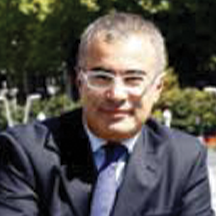Why isn’t e-commerce benefiting the Arab world?
Although headline measures of digitalisation and e-commerce are growing steadily in the Middle East and North Africa, the outlook is anything but rosy. As this Project Syndicate column explains, not only is internet access largely limited to those with higher incomes, but the bulk of the goods and services being traded comes from foreign suppliers.


